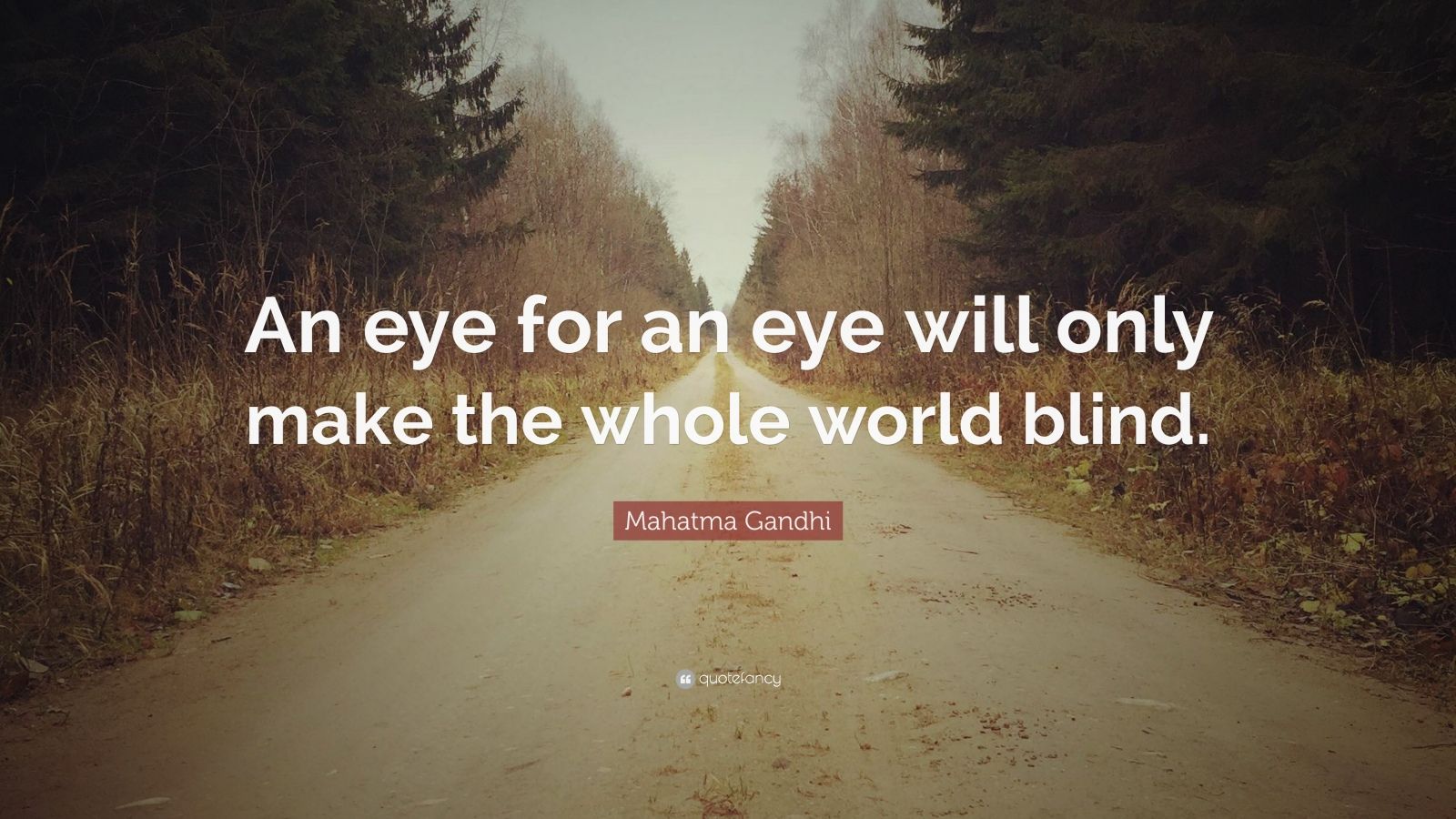

Hence a criminal must be allowed to reform himself. Moreover, a doctrine in criminal jurisprudence states that it is the circumstances that make a man, a criminal. As per the oft quoted words, “To err is human but to forgive is divine”, the State through abolition of death penalty can make the people more conscientious. In contrast if the State abolishes death penalty it sends a message of tolerance and teaches the people about the value of life. When State imposes death penalty it sends a wrong message of retributive temperament to the society. Similarly, the act of State can also influence the people. It is the acts of a father that influences his son. No man should be put to death, even as an example, if he can be left to live without danger to society.” Hence it is the weakness of our civil society that is revealed through death penalty. There is no man so bad that he cannot be made good for something. In the words of Jean Jacques Rousseau, one of the pioneers of French Revolution, “In any case, the frequent punishments are a sign of weakness or slackness in the Government. Timothy Evans Case and the Campden Wonder in the United Kingdom have left stains in the justice system which tempts everyone to rethink about the idea of death penalty. So if a person is executed wrongly, can the same justice machinery bring back his life? The answer is a definite ‘No’ Hence the confidence and glory of the whole machinery of justice relies upon its tolerance and the abolition of death penalty is the first step towards its realization. Hence the justice system can also go wrong in several circumstances. It is the finality which makes the justice system infallible and not the infallibility which makes it final. Once executed, it can never be rectified.

When there are lots of such alternatives what is the idea behind the imposition of death penalty? Death penalty attains importance due to its stringent nature. The idea of allowing B to reform himself and to make him take the responsibility of maintaining those who were supported by A makes more sense. If B is executed, will A come back? Will the relatives of A get back the lost happiness? Will the relatives of B who were not involved in the crime get justice?” Hence ‘death for death’ is a deadly weapon which cannot give any justice. The common arguments against death penalty can be summarized through a simple illustration. The fact that 42 countries have abolished death penalty is a testimony to the former statement. Time has come to discard the idea of giving death penalty practiced since the old barbarian era. Hence the law has to shape itself to adapt to the changing norms of culture in the modern civilized world. We are now living in an era of cultural and technological revolution. Thus the idea of death penalty was based on the popular belief that vengeance emanated from the individual and punishment from God. The Hebrew Bible, lays down that an offender should give “ life for life, eye for eye, tooth for tooth, hand for hand, foot for foot” and this proposition came to be known as the retributive theory of punishment in modern jurisprudence.
Eye for an eye makes the whole world blind code#
Under the Code written in the 1700s B.C, 25 crimes were punishable by death. The ‘The Code of Hammurabi’, a legal document from ancient Babylonia contained the first known death penalty laws. It is at this juncture that the arguments rebutting the idea of awarding death penalty are to be introspected.Ĭapital punishment is rather an old idea. These international resolutions are nothing but a sign of the inclination of the justice system against the idea of awarding death penalty. Similar views against death penalty are adopted by European Court of Human Rights and by the United Nations Human Rights Committee. In December 20 the United Nations General Assembly adopted resolutions 62/149 and 63/168 calling for a moratorium on the use of death penalty. The United Nations Special Rapporteur or extrajudicial summary on arbitrary executions has emphasized that the abolition of capital punishment is most desirable in order to fully to respect the right to life. Īs a response to this several resolutions and moratoria were adopted in the international community. The United Nations Declaration on Human Rights, 1948 is the sine qua non of the modern civilized world and in it is specifically stated that “no one shall be subjected to torture or to cruel inhuman or degrading treatment or punishment.

However in the current scenario much of the arguments in the debates are inclined against the idea of awarding death penalty to the convict. Debates over death penalty are still in motion, which is reminiscent of the Hegelian dialectics. ‘Certainty of law is a legal myth.’– Jerome Frank The imposition of death penalty is an enigma which has kindled several controversies over decades. An Eye for an Eye makes the whole world Blindīalu Dinesh is a 3rd year student at Kerala Law Academy Law College, Thiruvananthapuram


 0 kommentar(er)
0 kommentar(er)
